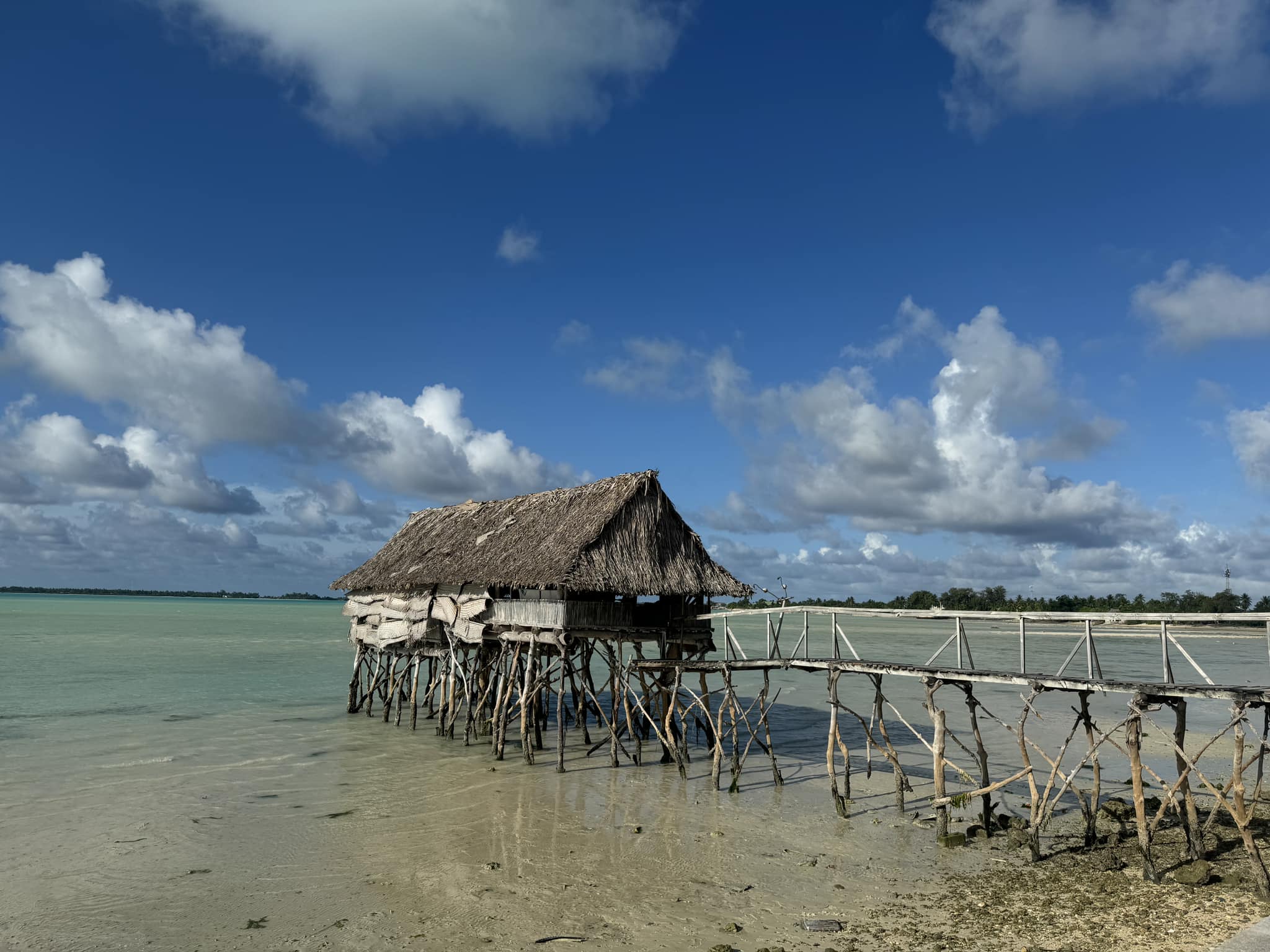High purity reuse water for power generation.
Challenge
Broken Hill has relied on the Menindee Lakes as the town’s main water supply since the 1960’s. The Menindee Lakes is a chain of shallow ephemeral freshwater lakes connected to the Darling River to form a storage system.
In late 2015, due to the drought conditions in the Darling system the capacity of the lake system was close to empty.
This not only limits supply of water but also impact on the quality of water which deteriorates (salinity increases) due to the high evaporation rate. Under these conditions, Broken Hill’s Water Treatment Plant, designed to remove turbidity and organic matter using conventional filtration process, requires an upgrade with the reverse osmosis process to remove the excess salinity.
Therefore the requirement for an RO plant arose, which required completion in a very short time frame - 12 weeks, very careful installation and integration with the continuously operating upstream water filtration plant, along with numerous procedures and measures to comply with from the NSW Public Works who managed the overall project on behalf of Essential Water, the owner and operator of the Broken Hill WTP.
The new RO plant was required to be integrated with the existing water treatment facility on site - successful integration would require close management of the equipment interfaces.

With a 12 week time frame, the project was completed in a very short time frame to all required standards set out by the NSW Public Works.
Challenge
Located 125km west of Sydney, Mt Piper Power Station provides 1,400MW of power into the NSW grid. The station relies on an evaporative cooling system through twin hyperbolic cooling towers to provide the necessary cooling capacity for steam condensate. To replace the water lost during the cooling process, the local river and repositories are drawn upon. The challenge was to pre-concentrate the draw-down water prior to treatment by the brine concentrators to deliver a sustainable water source to the station.
Solution
The solution involved pre-treatment through a 200-micron strainer to remove most particulate and fibrous matter and then hollow fibre microfiltration prior to reverse osmosis (RO) desalination. Operating at 75% recovery, the RO system reduces the salinity of feed water from up to 3,600mg/L TDS to less than 50mg/L. We’re continuously monitoring the process via our patented PlantConnect remote control and monitoring system, ensuring optimum plant performance and eliminating the need for full-time on-site operators.
Result
Osmoflo’s focus was to deliver a treatment solution that not only solved the station’s problems but also added to their ongoing commitment to delivering a circular future for water. As a result of Osmoflo’s work, water intake from local sources has been reduced while the need to discharge saline water is zero.


.jpg)






